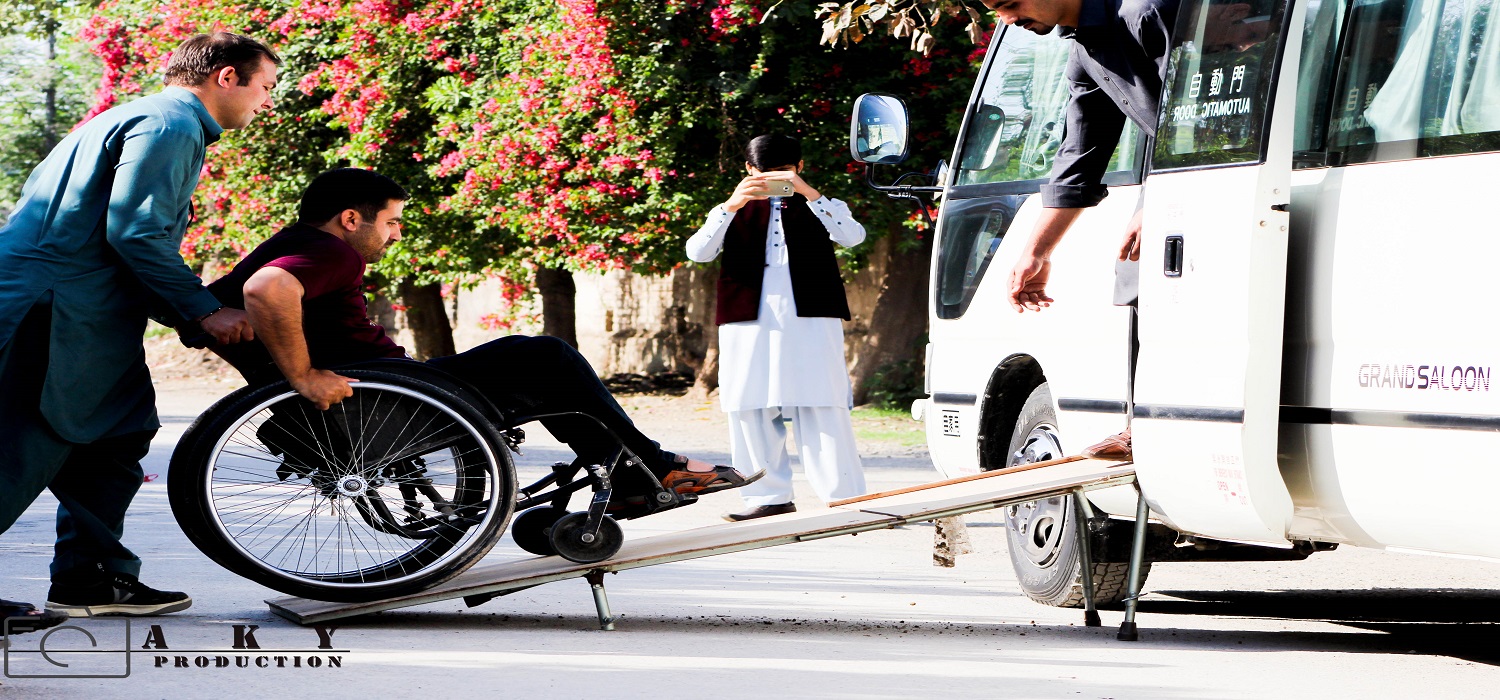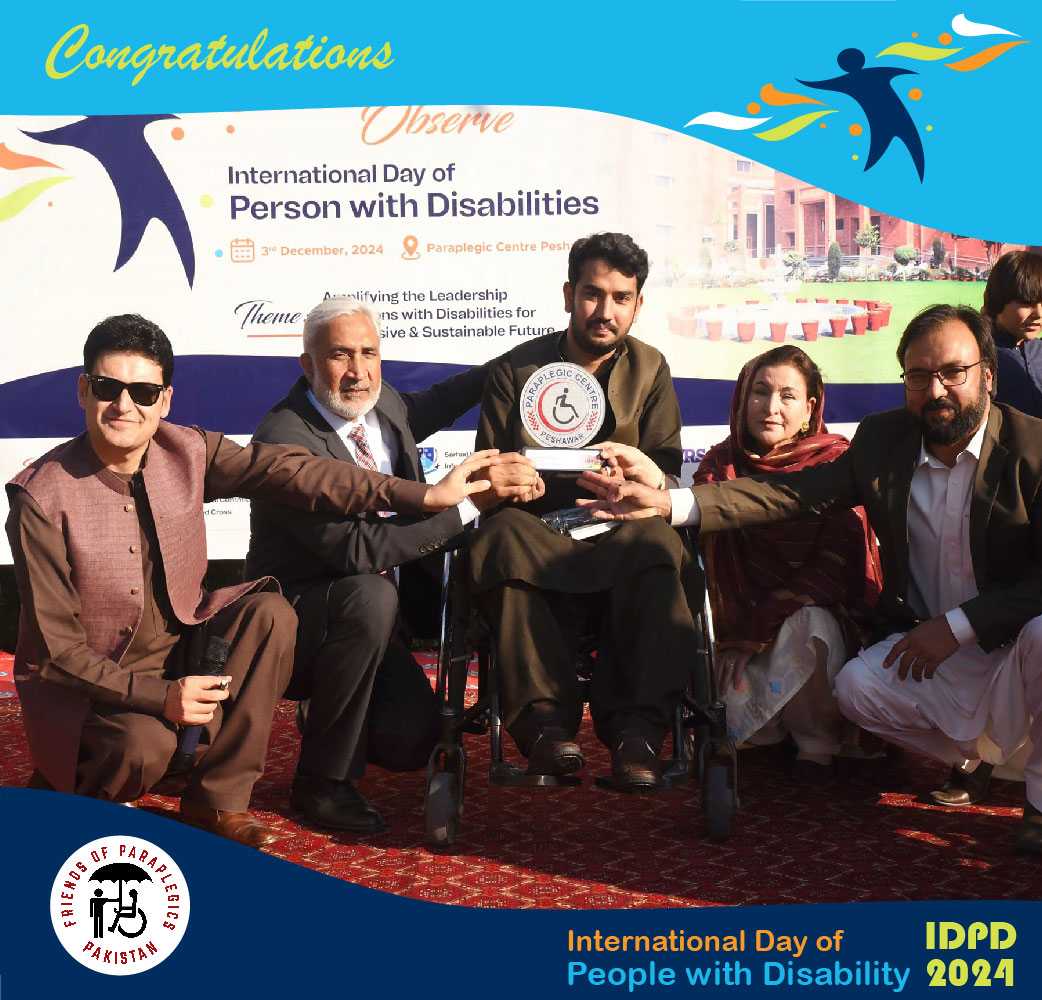Accessible Pakistan.

In the digital age, technology has the potential to revolutionize accessibility, breaking down barriers and creating opportunities for individuals with disabilities. From assistive devices to accessible software, technological innovations can enhance independence, communication, and overall quality of life. This blog post explores the role of technology in promoting accessibility in Pakistan, the challenges in implementing these solutions, and the initiatives by Accessible Pakistan Project to harness technology for empowering individuals with disabilities.
The Role of Technology in Accessibility
Technology serves as a catalyst for inclusion, offering tools and solutions that address various accessibility challenges. Key areas where technology makes a significant impact include:
- Assistive Devices: Devices such as wheelchairs, hearing aids, and braille displays enable individuals with physical and sensory impairments to perform daily activities with greater ease.
- Accessible Software and Applications: Software solutions like screen readers, speech-to-text applications, and accessible websites ensure that digital content is usable by everyone, including those with disabilities.
- Smart Home Technologies: Innovations like voice-controlled systems, automated lighting, and smart appliances provide individuals with disabilities greater control over their living environments.
- Educational Technologies: Tools such as adaptive learning platforms and educational apps cater to diverse learning needs, facilitating inclusive education.
Challenges in Implementing Accessible Technology in Pakistan
- Cost and Availability: High costs and limited availability of assistive technologies make them inaccessible to many individuals who need them the most.
- Lack of Awareness and Training: There is often a lack of awareness about the available technologies and insufficient training for both users and caregivers to utilize them effectively.
- Infrastructure Limitations: Poor internet connectivity and outdated hardware can hinder the effective use of digital accessibility tools and platforms.
- Customization Needs: Individuals with disabilities have unique needs that require customized technological solutions, which can be challenging to develop and implement on a large scale.
Accessible Pakistan Project's Technological Initiatives
- Provision of Assistive Devices: We facilitate the distribution of essential assistive devices to individuals with disabilities through partnerships with manufacturers and donors. Our programs aim to make these devices affordable and accessible to those in need.
- Development of Accessible Software: Collaborating with tech developers, we promote the creation of software and applications that adhere to accessibility standards. This includes developing screen reader-compatible websites, voice-activated tools, and other inclusive digital solutions.
- Smart Home Implementation: Our initiatives include installing smart home technologies for individuals with disabilities, enhancing their independence and quality of life. We provide training on using these technologies effectively.
- Training and Workshops: We conduct training sessions and workshops to educate individuals with disabilities, caregivers, and educators on the use of assistive technologies. These programs aim to empower users with the skills needed to maximize the benefits of these tools.
- Advocacy for Policy Support: We work with policymakers to advocate for subsidies and financial support for assistive technologies, ensuring that cost barriers are minimized and access is democratized.
Success Stories
In Karachi, a recent project involved equipping a community center with speech-to-text software and accessible computers. Feedback from participants with hearing impairments indicates improved communication and increased participation in educational and recreational activities.
Future Prospects
As technology continues to evolve, Accessible Pakistan Project is committed to staying at the forefront of accessible innovation. We plan to expand our technological initiatives, incorporating emerging technologies like artificial intelligence and virtual reality to further enhance accessibility and empowerment for individuals with disabilities.
Conclusion
Technology holds immense promise in transforming accessibility and empowering individuals with disabilities. Accessible Pakistan Project is dedicated to harnessing this potential, ensuring that technological advancements translate into tangible benefits for our community. By addressing challenges and fostering innovation, we strive to create a more inclusive Pakistan where technology serves as a bridge to equality and opportunity.


Comments (2)
Guy HawkinsReply
20 Dec, 2022 At 9:PMPellentesque a placerat orci. Suspendisse rutrum lacus ipsum, eu vulputate augue blandit mollis.
Kristin WatsonReply
22 Dec, 2022 At 7:PMPellentesque a placerat orci. Suspendisse rutrum lacus ipsum, eu vulputate augue blandit mollis.